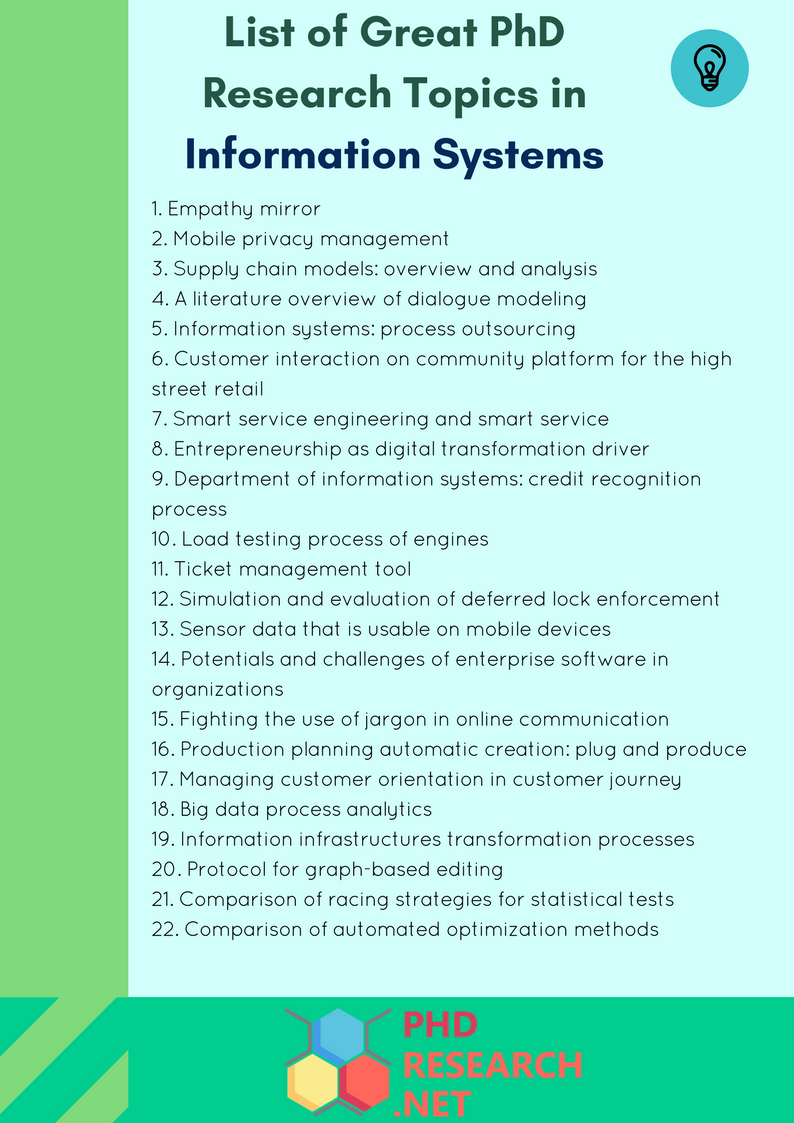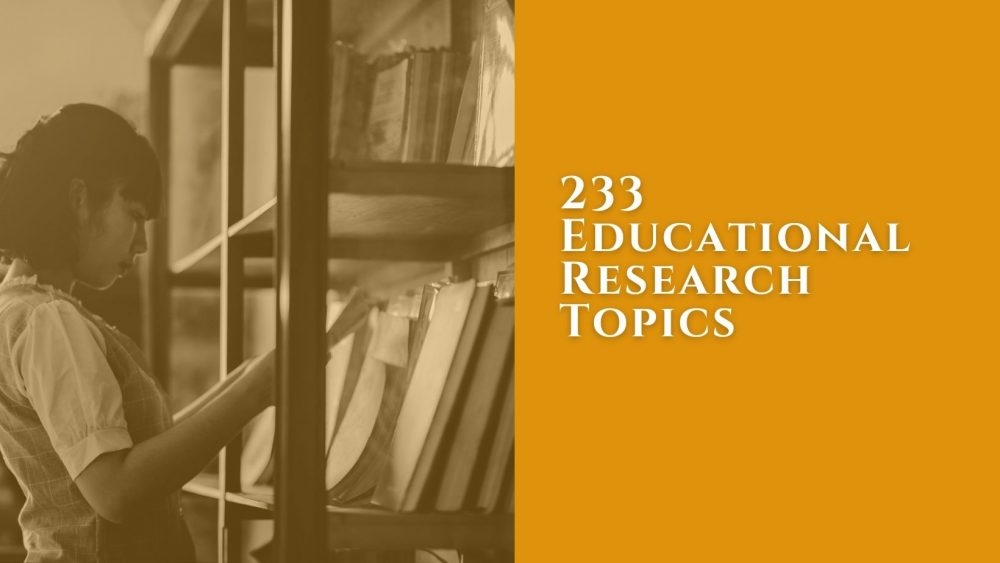Unlocking Switzerland’s Future: 10 Research Topics from Diverse Voices

Unlocking Switzerland’s Future: 10 Research Frontiers from Diverse Voices
Switzerland, a nation synonymous with precision, innovation, and a picturesque alpine landscape, stands at a fascinating juncture. Its historical strengths in finance, pharmaceuticals, and engineering continue to propel it forward, but the currents of global change – from rapid digitalization to evolving societal structures – demand a forward-looking approach. To truly unlock its future, Switzerland must harness a kaleidoscope of research perspectives, weaving together the insights of scientists, technologists, social scientists, artists, and citizens from all walks of life. This article explores ten vital research topics, each a vital thread in the tapestry of Switzerland’s continued prosperity and well-being, drawing inspiration from the nation’s existing research prowess and the emerging voices shaping its destiny.
The Swiss Innovation Engine: Beyond the Alpine Peaks
Switzerland consistently ranks as a global leader in innovation. As detailed by Forbes, this isn’t just about technological advancements, but a deep-seated business culture that fosters creativity and collaboration. However, understanding and adapting this engine for future challenges requires continuous investigation across diverse domains.
1. AI-Driven Governance: Precision Meets Collective Intelligence
The application of Artificial Intelligence (AI) is no longer confined to technical processes. Switzerland’s future governance could be significantly enhanced by AI, moving beyond efficiency gains to foster more inclusive and responsive decision-making. Research in this area could explore how AI can analyze vast datasets of citizen sentiment, predict the impact of policy changes with greater accuracy, and even facilitate more direct democratic participation. The potential for creating a dynamic “Map of Switzerland” visualizing the geographical distribution of voices, as hinted at by EPFL’s Infoscience research, offers a powerful precedent.
| Research Focus | Potential Impact |
|---|---|
| Algorithmic Transparency | Building public trust in AI-assisted decisions |
| Citizen Data Integration | Empowering direct participation in policy formulation |
| Predictive Policy Modeling | Optimizing resource allocation and social programs |
| Ethical AI Frameworks for Gov. | Ensuring fairness and preventing bias in decision-making |
2. The Future of Work: Harmonizing Automation and Human Ingenuity
McKinsey’s insights into Switzerland’s digital opportunity highlight the challenges and potential of automation and digitization in the workforce. Future research should delve deeper into how to create a symbiotic relationship between AI and human workers. This includes investigating reskilling and upskilling strategies that are not only technical but also cultivate uniquely human skills like creativity, critical thinking, and emotional intelligence.
| Research Focus | Potential Impact |
|---|---|
| Adaptive Learning Platforms | Continuous skill development for evolving job markets |
| Human-AI Collaboration Models | Optimizing team performance and job satisfaction |
| Social Safety Nets for Automation | Ensuring equitable transition and support for displaced workers |
| New Work Models (e.g., Gig Economy) | Understanding and regulating the future of employment |
3. Sustainable Alpine Futures: Balancing Tradition and Climate Resilience
Switzerland’s identity is inextricably linked to its Alps. However, climate change poses significant threats to its ecosystems, tourism, and infrastructure. Research should explore innovative solutions for climate adaptation, sustainable resource management, and the preservation of cultural heritage in a changing environment. This could involve interdisciplinary collaboration between glaciologists, environmental engineers, sociologists, and local communities.
| Research Focus | Potential Impact |
|---|---|
| Glacier Monitoring & Mitigation | Protecting water resources and preventing natural hazards |
| Sustainable Tourism Practices | Preserving natural beauty and local economies |
| Alpine Agriculture Innovation | Adapting to changing weather patterns and crop yields |
| Renewable Energy Integration | Maximizing solar and hydro power while minimizing visual impact |
The Swiss Mosaic: Embracing Diversity for a Vibrant Society
Switzerland’s strength lies not only in its technological prowess but also in its rich cultural tapestry. As highlighted by gdi.ch’s research, diversity is a fundamental aspect of the Swiss identity, presenting both challenges and opportunities. Embracing and understanding this diversity is crucial for a cohesive and dynamic future.
4. Linguistic Innovation and Digital Inclusion
Switzerland’s four national languages are a cornerstone of its identity. However, in an increasingly digital world, ensuring equitable access and participation across these linguistic divides is paramount. Research into advanced machine translation, AI-powered language learning tools, and culturally sensitive digital content creation can bridge these gaps and foster greater national cohesion.
| Research Focus | Potential Impact |
|---|---|
| Cross-Lingual AI Tools | Seamless communication and information access for all |
| Digital Literacy Programs | Empowering diverse communities online |
| Culturally Resonant Digital Content | Ensuring representation and engagement across languages |
| AI for Language Preservation | Safeguarding minority languages and dialects |
5. Intergenerational Dialogue and Knowledge Transfer
The “Future of Switzerland” research cluster at the University of Fribourg acknowledges the accelerated change in lifestyles. Bridging the generational divide is crucial for effective knowledge transfer and societal progress. Research into innovative platforms for intergenerational dialogue, mentorship programs that leverage digital tools, and understanding the evolving values and aspirations of different generations can foster a more understanding and collaborative society.
| Research Focus | Potential Impact |
|---|---|
| Digital Mentorship Platforms | Connecting experienced professionals with younger talent |
| Cross-Generational Storytelling | Preserving societal memory and fostering empathy |
| Understanding Youth Aspirations | Informing education and employment policies |
| Shared-Living Models | Promoting social cohesion and combating isolation |
6. The Psychology of Resilience: Navigating Societal Shifts
Switzerland, like many nations, faces the psychological impacts of rapid technological advancement, global uncertainties, and evolving social norms. Research into the psychological resilience of individuals and communities, the development of mental health support systems, and the societal factors that contribute to well-being in times of change is essential.
| Research Focus | Potential Impact |
|---|---|
| Digital Well-being Initiatives | Mitigating negative impacts of screen time and online interactions |
| Community-Based Mental Health | Accessible and localized support systems |
| Trauma-Informed Societal Design | Building resilience in response to collective stressors |
| The Role of Nature in Mental Health | Integrating natural environments for well-being |
Swiss Global Influence: Innovation with a Purpose
Switzerland’s influence extends far beyond its borders. As SwissCognitive points out, its dynamic innovation ecosystem has a surprising global reach. Future research should focus on how to leverage this influence for positive global impact, fostering a more sustainable and equitable world.
7. Global Health Equity Through Swiss Innovation
Switzerland’s leadership in pharmaceuticals and medical technology presents an opportunity to address global health disparities. Research should focus on developing affordable and accessible healthcare solutions, exploring sustainable funding models for international health initiatives, and fostering collaborations that transfer Swiss medical expertise to underserved regions.
| Research Focus | Potential Impact |
|---|---|
| Affordable Drug Development | Equitable access to life-saving treatments |
| Telemedicine for Remote Areas | Expanding healthcare access in developing nations |
| Sustainable Healthcare Financing | Ensuring long-term viability of global health programs |
| Medical Device Innovation | Tailoring solutions for diverse healthcare contexts |
8. Ethical FinTech and Sustainable Finance
Switzerland’s role as a financial hub presents a unique opportunity to champion ethical and sustainable finance. Research in this area could explore the development of transparent and secure blockchain technologies for financial transactions, the creation of innovative investment vehicles for environmental and social impact, and the establishment of regulatory frameworks that promote responsible financial practices globally.
| Research Focus | Potential Impact |
|---|---|
| Blockchain for Transparency | Reducing fraud and increasing trust in financial markets |
| Impact Investing Frameworks | Directing capital towards positive social and environmental change |
| AI in Ethical Investment Screening | Identifying and supporting sustainable businesses |
| Digital Currency Regulation | Ensuring stability and consumer protection in digital finance |
9. The Art of Diplomacy in a Digital Age
Switzerland’s long tradition of diplomacy needs to adapt to the complexities of the digital realm. Research should investigate how digital platforms can be leveraged for conflict resolution, how to combat disinformation campaigns that threaten international stability, and how to foster global dialogue and understanding through innovative diplomatic approaches.
| Research Focus | Potential Impact |
|---|---|
| Digital Diplomacy Strategies | Enhancing international communication and negotiation |
| AI for Disinformation Detection | Protecting democratic processes and public discourse |
| Virtual Reality for Cultural Exchange | Building empathy and understanding across borders |
| Cybersecurity in Diplomacy | Securing sensitive communications and negotiations |
10. Cultivating Creative Futures: The Role of Arts and Culture in Innovation
Innovation isn’t solely about technology. The arts and culture sector are vital engines of creativity, critical thinking, and societal dialogue. Research into how to foster and support Switzerland’s vibrant arts scene, how to integrate artistic thinking into scientific and technological innovation, and how to leverage cultural heritage for future societal development can unlock new avenues of progress.
| Research Focus | Potential Impact |
|---|---|
| Cross-Disciplinary Art-Science Projects | Fostering novel ideas and approaches to problem-solving |
| Cultural Heritage Digitalization | Preserving and sharing national identity for future generations |
| Arts-Based Innovation Labs | Stimulating creativity and divergent thinking |
| The Economic Impact of the Creative Sector | Informing policy to support cultural growth |
By embracing these diverse research frontiers, Switzerland can not only solidify its position as a global leader in innovation but also chart a course towards a future that is equitable, sustainable, and rich with the collective intelligence of all its voices.

Additional Information
Unlocking Switzerland’s Future: 10 Research Topics from Diverse Voices
Switzerland, consistently ranked as a global leader in innovation (Forbes, 2022), is a nation deeply invested in its future. This commitment is reflected in its robust research landscape, where interdisciplinary clusters and a strong emphasis on R&D create fertile ground for exploring critical societal and economic shifts. To truly unlock Switzerland’s potential, it’s crucial to amplify diverse voices and perspectives. This article outlines ten research topics, informed by recent insights, that represent the multifaceted challenges and opportunities facing the nation.
1. Navigating the Digital Transformation of Work:
The future of work in Switzerland is intrinsically linked to digitization and automation. McKinsey’s report, “The Future of Work: Switzerland’s Digital Opportunity,” highlights the challenges and potential of this evolving landscape. Research in this area could delve into:
- Impact of AI on specific Swiss industries: Analyzing how AI-driven workflows, like those visualizing geographical data from archives (Infoscience, EPFL), can be leveraged across sectors like manufacturing, finance, and healthcare.
- Upskilling and reskilling the Swiss workforce: Developing strategies to equip citizens with the digital literacy and specialized skills needed to thrive in an automated economy.
- Ethical considerations of AI in the workplace: Examining the implications of AI on job security, data privacy, and algorithmic bias within the Swiss context.
2. Fostering a Future-Oriented and Sustainable Economy:
The “Future of Switzerland” research cluster at the University of Fribourg emphasizes the need for a future-oriented economy. This necessitates research into:
- Green innovation and circular economy models: Investigating how Switzerland can lead in developing sustainable economic practices, particularly in resource-intensive sectors.
- The role of FinTech and digital finance in economic resilience: Exploring how Switzerland can leverage its financial sector expertise to adapt to new economic paradigms and ensure stability.
- Attracting and retaining talent in a globalized economy: Researching policies and initiatives to maintain Switzerland’s appeal to highly skilled individuals, crucial for driving economic growth.
3. Understanding and Harnessing the Power of Diversity:
As highlighted by GDI’s research, “Diversity is part of the Swiss identity.” Research can explore how to effectively leverage this inherent diversity:
- The economic benefits of multiculturalism in the Swiss workplace: Quantifying the advantages of diverse teams in terms of creativity, problem-solving, and market understanding.
- Integrating diverse perspectives into policy-making: Examining how to ensure that national policies effectively address the needs and aspirations of all demographic groups.
- Promoting inclusivity in STEM fields: Investigating strategies to encourage greater participation of women and underrepresented minorities in science, technology, engineering, and mathematics.
4. Strengthening Switzerland’s Global Innovation Ecosystem:
Switzerland’s prowess in innovation is well-documented (Forbes, 2022; SwissCognitive, 2023). Further research can explore:
- The impact of international collaboration on Swiss R&D: Analyzing how partnerships with global research institutions and companies can accelerate Swiss innovation.
- Supporting the growth of Swiss startups and SMEs: Identifying effective mechanisms to nurture emerging businesses and ensure their competitiveness on the international stage.
- Intellectual property protection and its role in innovation: Examining how Switzerland can continue to safeguard its innovative output while fostering open research environments.
5. Addressing Social Change and Lifestyle Shifts:
The “Future of Switzerland” research cluster also focuses on accelerated lifestyle changes. This calls for research into:
- The impact of aging demographics on healthcare and social systems: Developing innovative solutions to support an aging population and ensure the sustainability of social welfare programs.
- Urbanization and its implications for Swiss cities: Researching sustainable urban planning, housing solutions, and the impact of increased population density.
- The evolving role of digital platforms in social interaction and community building: Investigating how technology shapes social connections and identifying ways to foster healthy digital communities.
6. Enhancing Switzerland’s Research Infrastructure and Opportunities:
Switzerland is a world leader in R&D, offering significant opportunities for foreign researchers (Academics.com, 2024). Research can focus on:
- Optimizing collaboration between universities, research institutes, and industry: Creating seamless pathways for knowledge transfer and commercialization of research findings.
- The future of scientific funding and grant allocation: Analyzing models for sustainable and impactful research funding that supports cutting-edge investigations.
- Promoting interdisciplinary research collaborations: Fostering environments where researchers from different fields can converge to tackle complex challenges.
7. Safeguarding Digital Infrastructure and Cybersecurity:
As digitalization accelerates, securing Switzerland’s digital infrastructure is paramount. Research in this area could include:
- Developing advanced cybersecurity protocols for critical infrastructure: Protecting essential services from cyber threats.
- The legal and ethical frameworks for data security and privacy in Switzerland: Ensuring robust data protection in line with Swiss values.
- The role of AI in threat detection and prevention: Exploring how AI can be utilized to enhance national cybersecurity capabilities.
8. The Future of Swiss Diplomacy and International Relations:
Switzerland’s unique position as a neutral nation offers distinct opportunities and challenges in a changing global landscape. Research could explore:
- Switzerland’s role in mediating international conflicts in the 21st century: Analyzing how diplomatic tools can be adapted to current geopolitical realities.
- The impact of global power shifts on Swiss foreign policy: Understanding how to maintain Switzerland’s interests and influence amidst evolving international dynamics.
- The role of soft power and cultural diplomacy in enhancing Switzerland’s global standing: Leveraging Switzerland’s reputation for quality and innovation in its international engagement.
9. Cultivating a Culture of Lifelong Learning:
In a rapidly evolving world, continuous learning is no longer an option but a necessity. Research should focus on:
- Developing flexible and accessible lifelong learning platforms: Creating opportunities for citizens to adapt their skills throughout their careers.
- The psychological and societal benefits of continuous learning: Understanding how lifelong learning contributes to individual well-being and societal progress.
- Leveraging technology to personalize learning experiences: Utilizing AI and other tools to tailor educational pathways to individual needs.
10. Leveraging Arts and Humanities for Societal Advancement:
Beyond technological and economic considerations, the arts and humanities offer critical insights into human experience and societal values. Research in this area could explore:
- The role of arts and culture in fostering social cohesion and national identity: Understanding how creative expression contributes to a shared sense of belonging.
- The economic impact of the cultural sector and strategies for its support: Analyzing the contribution of arts and culture to the Swiss economy and developing policies to ensure its vitality.
- Utilizing humanities research to inform ethical decision-making in science and technology: Bridging the gap between technological advancement and humanistic values.
By embracing these diverse research topics and actively seeking out varied perspectives, Switzerland can build upon its strengths and proactively shape a future that is innovative, sustainable, and inclusive for all its citizens.
